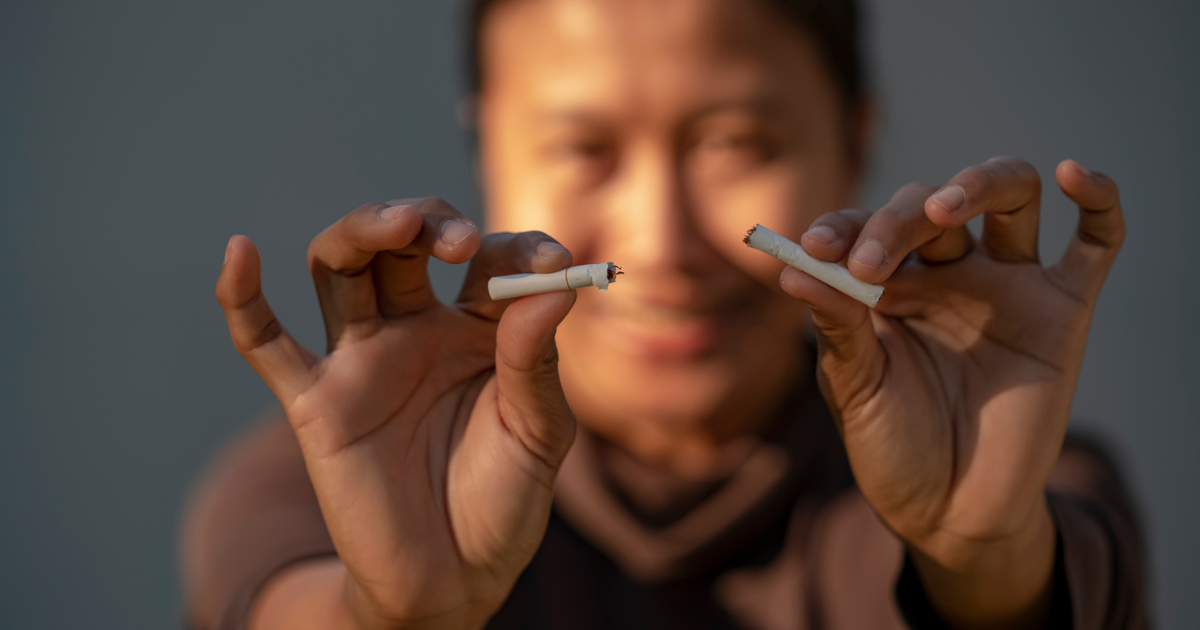You asked, we answered: When quitting smoking, what should you expect?

Question:
I'm trying to quit smoking. What side effects should I expect, and how can I cope with them?
Answered by certified tobacco cessation specialist Kecia Christensen, APRN-NP:
Trying to quit smoking feels different for everyone. Your oxygen levels will immediately improve within 24 hours of quitting. As a result, you will likely feel healthier and experience less coughing and shortness of breath due to improved lung function. Over time, your risk of heart disease, lung disease and stroke will decrease as well.
But your body and brain must also adjust to not having nicotine. If you quit “cold turkey” and don’t replace the nicotine with anything, you may experience withdrawal symptoms, such as:
- Urges or cravings to smoke
- Increased irritability or grouchiness
- Feeling jumpy, restless or shaky
- Anxiety, sadness or depression
- Difficulty concentrating
- Trouble sleeping
- Increased hunger or a desire to replace smoking with eating
- Nausea
Nicotine withdrawal can be uncomfortable, but it’s not permanent. Symptoms typically peak around the third day and then taper off over the following three to four weeks. The key to staying smoke-free is to manage your withdrawal symptoms.
Nicotine replacements like the patch, gum and lozenges help provide a steady flow of nicotine to lessen withdrawals. In some cases, your doctor may recommend additional medications, such as anti-depressants and smoking cessation aids that bind to and block nicotine receptors in the brain.
The most effective smoking cessation programs are those that combine counseling with smoking cessation aids to address both behavioral and nicotine addictions.
If you need additional support, the Nebraska Medicine Nicotine Dependence Clinic is a great resource. Call 800.922.0000 to schedule an appointment and discuss the best ways to help you quit.





